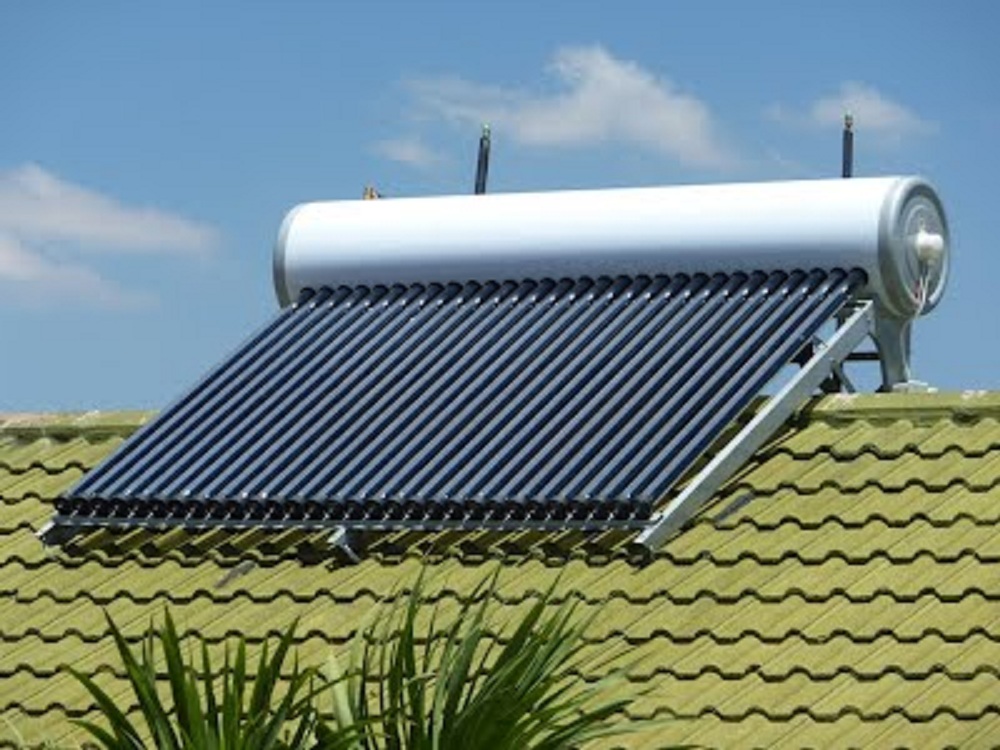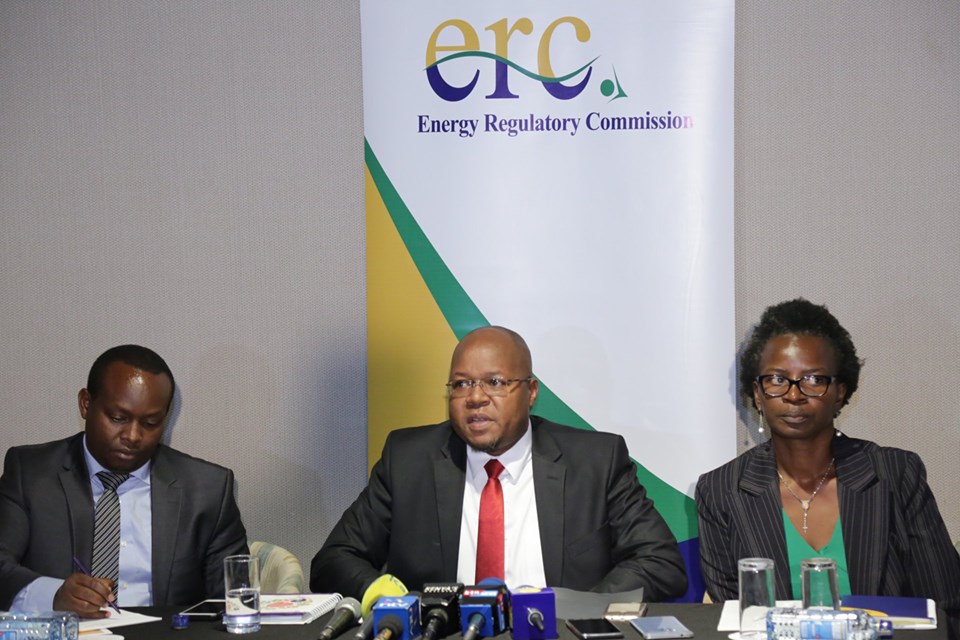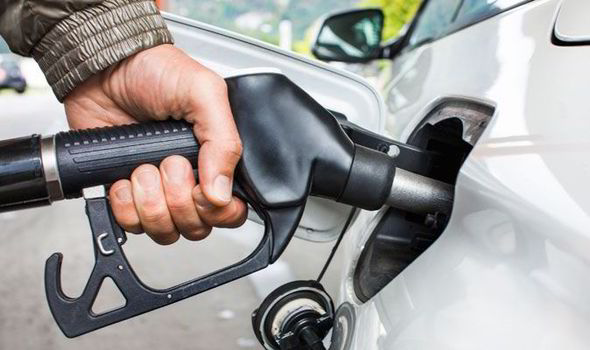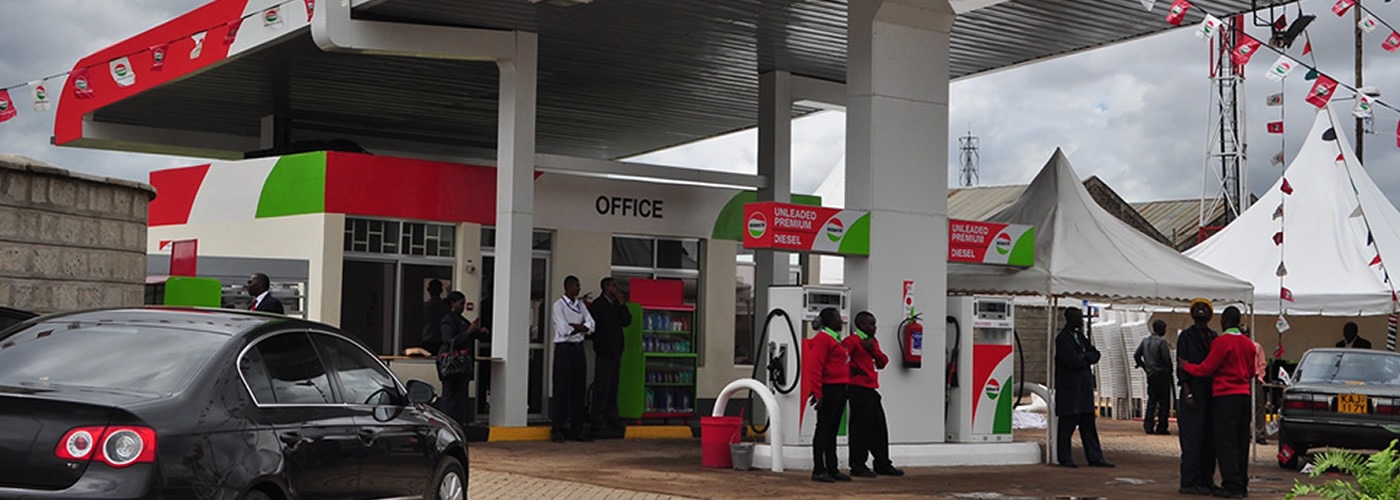Kenyans are rushing to beat the November 30 deadline for the installation of solar water heating systems, bringing more opportunities for suppliers of such products.
According to the Energy (solar water heating) Regulations of 2012, all industrial, commercial and large residential buildings in urban centres are required to install solar water heating systems.
The deadline that should have expired on May 25 was extended to November 30 by the Energy Regulatory Commission to give Kenyans more time to implement the rule.
Property owners who fail to comply with the law risk fines of up to Ksh 1.03 million.
Karanja Njoroge, General Manager of Chloride Exide, a solar solutions and emerging renewable energy products firm, said the law has increased demand for solar products in the country.
“Since the beginning of the year, we have seen a surge in demand for solar systems in order to comply with the law,” Njoroge said.
“We have, therefore, increased out personnel in order to assist Kenyans to conform to the regulations,” he added.
Kenya enacted the Solar Water Heating Regulations in 2012 and gave building owners a five-year grace period to implement the order.
The law requires all premises within the jurisdiction of local authorities with hot water capacity requirements of over 100 liters a day to install solar heating systems.
“There is a potential 30,000 to 40,000 households and 10,000 commercial institutions that are yet to comply with the law,” Njoroge said.
He added that Kenya is ideally placed to tap into the solar energy given its geographic location.
“Give that its straddles the equator, it has abundant sunshine throughout the year,” he noted.
Related: Micro-finance partnership to enhance access to solar energy
Chloride Exide Lead Design Engineer Sammy Waite identified the biggest barrier to the solar uptake as the huge upfront costs for the purchasing equipment.
On average, households will need Ksh 123,900 and institutions Ksh1.03 million for the solar system. Waite noted that solar energy does provide consumers with significant savings in the long run though.
The engineer said that the cost of heating water accounts for approximately 60% of the electricity bills of average consumers.
He added that the cost of solar equipment has dropped by more than 25% in the past two years.
“So the previous barrier of high upfront costs for solar has been significantly reduced,” he said.












Leave a comment